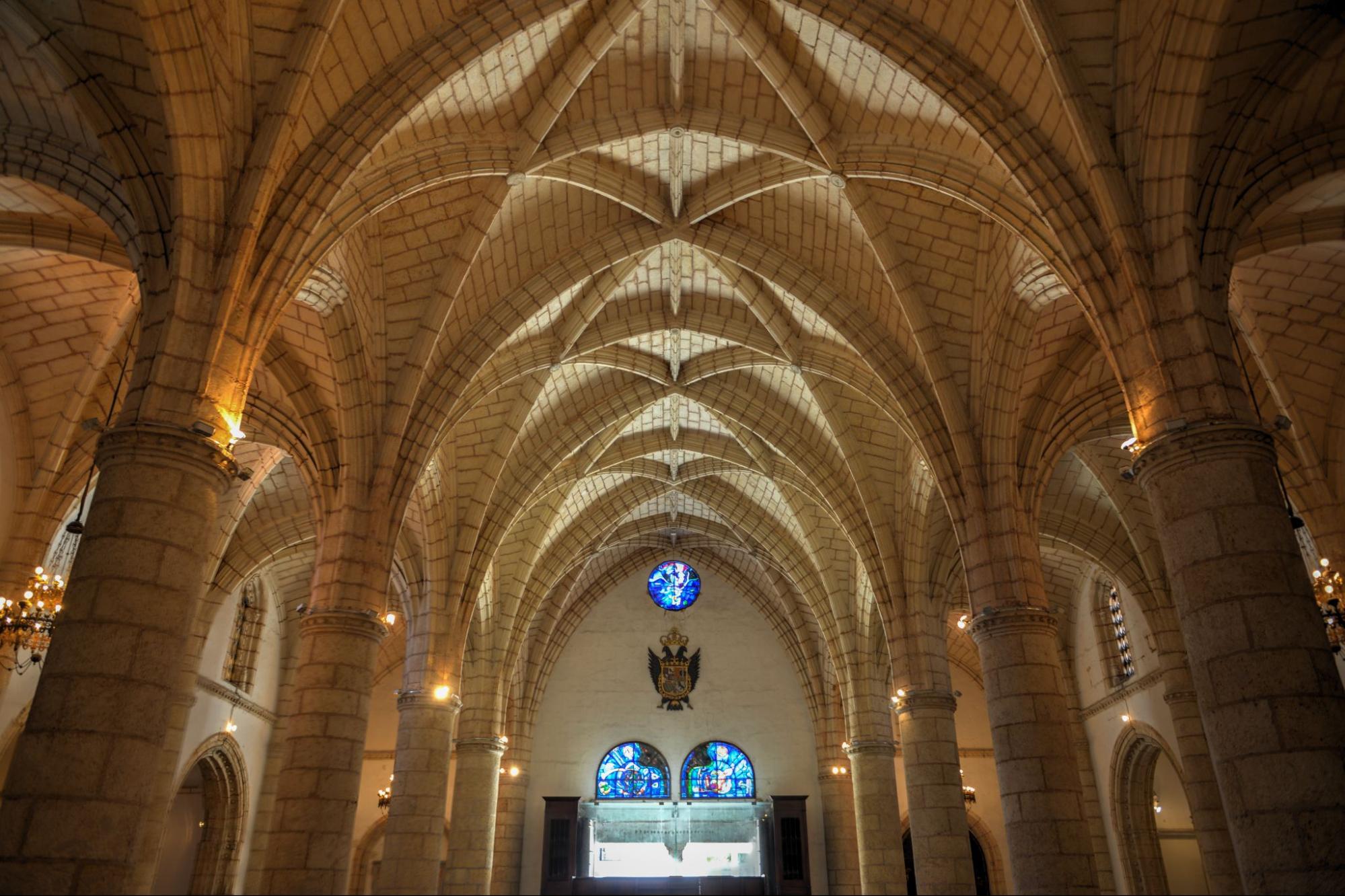Religion in the Dominican Republic is a fundamental part of the country’s cultural and social identity. Since the arrival of European colonizers, faith has played a crucial role in the daily life of Dominicans.
In this article, we explore how religion is structured in the country, highlighting the historical dominance of Catholicism, its impact on national culture, and the presence of other religious movements.
Main religions in the Dominican Republic
Religion in the Dominican Republic is characterized by its diversity, although Catholicism remains the predominant faith. According to recent data, around 70% of the population identifies as Catholic, reflecting the deep influence of this religion on Dominican culture. However, there is also a growing presence of other denominations, especially Protestantism, which has gained followers in recent decades.
- Catholicism: The most widely practiced religion in the Dominican Republic, expressed through various festivities and rituals.
- Protestantism: Includes denominations such as Evangelicals, Baptists, and Pentecostals, which have grown across the country.
- Afro-Caribbean religions: Include practices such as voodoo, rooted in African culture and blended with Catholic elements.
- Spirituality: Individual spirituality also plays a key role, with many Dominicans seeking personal connections with the divine.
History of Dominican religion
The history of religion in the Dominican Republic dates back to the 15th century, when Christopher Columbus arrived on the island and brought Catholic beliefs. Since then, Catholicism has become deeply rooted in Dominican society. The first Mass in the New World was celebrated on January 6, 1493, marking the beginning of a long trajectory of religious influence on the island.
During the early colonial centuries, Catholicism was imposed on the Indigenous Taíno population and later on the Africans brought as slaves. Despite these impositions, Indigenous and African beliefs intertwined with Catholicism, giving rise to a rich diversity of practices and beliefs that still persist today.
The Catholic religion in the Dominican Republic
Catholicism in the Dominican Republic is not only a matter of faith but also a central element of the country's cultural life. Religious festivities such as Holy Week and Christmas are eagerly awaited celebrations that bring communities together. The veneration of the Virgin of Altagracia, the country’s patron saint, is another highlight, drawing thousands of pilgrims and worshippers each year.
Institutions, temples and celebrations
Catholic institutions are widespread throughout the Dominican Republic. From local parishes to universities and hospitals, the Catholic Church has a broad presence. Churches also serve as community centers, where cultural and social activities take place.
- Notable temples: The Cathedral of Santa María la Menor in Santo Domingo (also known as the First Cathedral of the Americas) is one of the most iconic, serving as both an architectural and spiritual landmark.
- Key celebrations: Holy Week and patron saint festivals are pivotal moments in the Dominican religious calendar, where faith is expressed through vibrant traditions and rituals.
- Education: Catholic institutions play an important role in education, with many schools promoting Christian values.
Religious diversity in Dominican society
Despite Catholicism’s dominance, religious diversity in Dominican society is notable. In recent decades, the number of Protestants has grown significantly, driven by increased openness to new expressions of faith. Evangelical and Pentecostal churches have found a strong following, offering a more personal and community-oriented approach to spirituality.
Afro-Caribbean religions, such as voodoo, have also maintained a presence, blending African beliefs with Catholic elements. This mix of traditions creates a rich and varied religious landscape, with each group contributing its own perspective and practices to the country’s spiritual life.
Respect for religious diversity is a fundamental value in Dominican society. Peaceful coexistence among different faiths is encouraged, promoting a climate of dialogue and tolerance. This is evident in the celebration of interfaith events and the acceptance of diverse spiritual practices.
Places like Cayo Levantado Resort, located in privileged natural surroundings, offer not only relaxation and a connection with nature but also a window into the cultural and spiritual expressions of the country. The harmonious coexistence of modernity and religious tradition is one of the aspects that enrich the experience of visiting the Dominican Republic.
Religion in the Dominican Republic reflects its rich history and cultural diversity. From the influence of Catholicism to the presence of other religious movements, each faith contributes to the national identity. The peaceful coexistence of various beliefs is a testament to the respect and openness of Dominican society.


